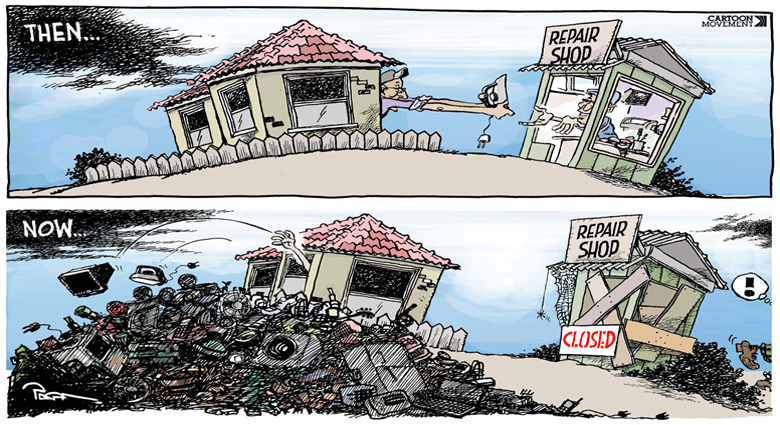I hear this refrain all the time: There aren’t enough hours in the day to get to everything I want to do. You put in a long day at work, but that means you don’t make it home for dinner. Or maybe you make it home for dinner, but then you don’t get to the gym. Or maybe you get to the gym, but leave dozens of emails unanswered.
It can seem like life is one long series of trade-offs, but here’s a different way to think about it. Maybe there aren’t enough hours in the day, but so what?
We don’t live our lives in days. Life is much broader than that. Things do not have to happen daily, nor do they have to happen at the same time every day in order to count. Believing that they do means falling into what I call the “24-Hour Trap.” For women in particular, the 24-Hour Trap often leads to pitting work against family. But when we view time more holistically, we see that we have space for anything that really matters.
Sometimes the 24-Hour Trap is just an excuse. People tell me all the time that they want to exercise more, and then they talk themselves out of it because there is not a perfect time every single day. Sure it would be great to exercise, but they’re not the kinds of people who can leave for an hour at lunch every day. Or they have families they’d like to see so they can’t go to the gym for an hour every night after work. But who said exercise has to happen daily, or at the same time every day? A better plan might be to look at the whole of the week and see where it can fit in. Maybe that’s one early morning a week, one lunch time walk, a class at the gym some night when a partner or relative can cover, then a family bike ride on the weekend. That is four times a week right there. It didn’t happen at the same time every day, but it didn’t have to.
Exercise is certainly important, but I find that the 24-Hour Trap is even more pernicious when it comes to how women balance work and life. Not long ago I got a note from a woman who was facing what she considered a very knotty work/life dilemma. She was newly in management. She needed her team to trust her, and that required spending relaxed time together. Her team sometimes went out for drinks, and she knew she should go sometimes and pick up a round. But she was also a new mom, and so if she went out with her team, she wouldn’t be putting her child to bed. She had talked herself into believing this was one of those hard choice moments: work vs. family. Be a good manager, or be a good mom. Women can’t have it all!
It sounds tough, but only from the 24-hour perspective. After all, did her team want her to take them out every single night? Friday, Saturday, and Sunday too? Even if she was an amazing woman, no one wants to hang out with a boss that much! If she took her team out one night a week or so, she’d be home the other six nights. Six is greater than one. When she fell into the 24-Hour Trap, she was pitting work against family. Looking at life from the 168- hour (one week) perspective meant she could be the kind of manager who was regularly nurturing her team, and the kind of mother who was there almost every night. She truly could have it all.
If you find yourself facing a work/ life dilemma, see if broadening your time perspective might change how you see your choices. Rather than racing out of work every night, yet only getting a little bit of time in the evening with your young children, try working very late — past bedtime — twice a week, and getting home much earlier on the other three nights. Rather than fretting about being in a hotel in Calgary for two nights, celebrate that you're home the other five.
There may not be enough hours in the day to get to everything in life but that doesn’t matter. With 168 hours in a week, you can work 50, sleep 56 (8 per night) and still have 62 hours for other things. The time is there. We just have to choose to see it.
Don't Fall into the 24-Hour Trap





.png)
%20(1).png)



What Did You Think?